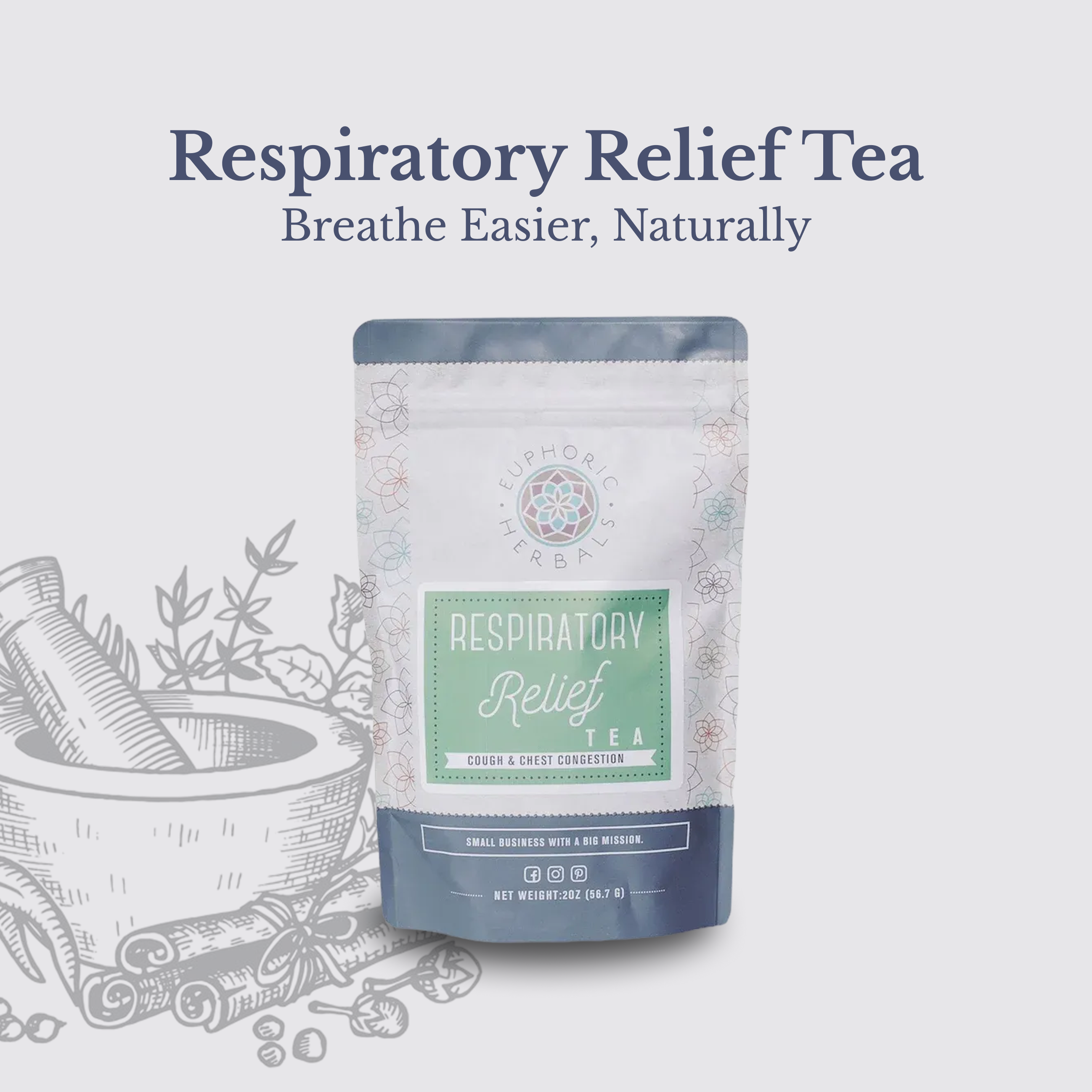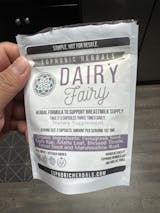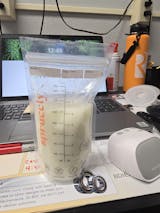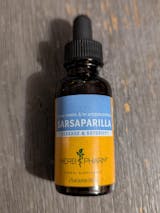Getting a good night's rest is crucial to staying healthy. Unfortunately, at least 33% of Americans are not getting the recommended amount of sleep each night. (1)
Not getting enough sleep is not just a recipe for being tired the next day.
Chronic sleep loss can put you at a higher risk for obesity, heart disease, diabetes, high blood pressure, and other conditions. (2) Quality of sleep is also important. Consistently getting good quality rest at night may lower the risk of experiencing age-related cognitive decline. (3)
If you aren't getting enough quality sleep, what are the options?
For those who want to go a more natural route than prescription sleeping pills, there are many natural remedies that can be helpful for sleep. Here are the top herbs and natural remedies for sleep.
Look at Your Sleep Habits First

Herbs and natural remedies for sleep can't fix bad habits.
Try these simple changes first to see if they can help you sleep better:
Avoid consuming caffeine within 6 hours before you normally go to sleep.
Also, try cutting back on your alcohol consumption, especially later in the day. Alcohol will make you feel sleepy, but it interferes with the quality of your sleep at night.
Staring at a screen (phone, tablet, etc.) right before bed can also make it harder to fall asleep. Cut off screen time about an hour before you want to go to sleep.
Keep your room dark at night and try a slightly cooler sleeping temperature.
Herbs for Better Sleep
If making changes to your sleeping environment and sleep habits don't work, there are many herbs that can help you get a better night's sleep.
Drinking an herbal tea for sleep about an hour before bed can really help.
Chamomile

Chamomile tea is often used as a natural remedy for stress, anxiety, upset digestion, and sleeplessness.
Chamomile has natural calming properties that soothe the nervous system and can be especially helpful for stress-related sleeping struggles.
The studies done so far on chamomile and sleep are backing it up as a way to improve your sleep quality and fall asleep more quickly. (4)(5)
Lemon Balm

Lemon balm is another herb that's often high on the list of natural remedies for sleep.
Lemon balm belongs to the mint family and can act as a mild sedative and help to calm the nervous system.
It can also help to reduce stress that may be interfering with sleep and is a good remedy for children with sleeping problems.
One study found that participants with sleep disorders who took a lemon balm extract experienced an average 42% reduction of insomnia symptoms with some experiencing complete remission of insomnia. (6)
An herbal tea containing lemon balm can be a real help with sleep issues.
Passionflower

Passionflower comes from a vine that is native to Mexico, Central and South America, and the Southeastern U.S.
It can be used medicinally as an herb to help relieve stress and anxiety and improve sleep.
One small study found that taking passionflower in tea form can significantly improve sleep quality. (7)
Another study found that a combination of passionflower, hops, and valerian root extracts was as effective at improving sleep as zolpidem (Ambien). (8)
Lavender

Lavender is perhaps the most well-known herb when it comes to sleep.
Lavender can help to calm and relax nerves and improve your quality of sleep.
There are various way to try using lavender for better rest.
A cup of lavender tea before bed can help you fall asleep and sleep better, leading to less daytime fatigue. (9)
Using lavender oil for aromatherapy has also been shown to have much potential for significantly improved sleep quality. (10)
Even a sachet of lavender under your pillow can help.
Catnip

Not just for cats, catnip is another herb that can relieve insomnia and help you sleep better.
It contains an active compound called nepetalactone that has natural relaxing and calming properties for humans.
Catnip can be used as a mild sedative, a sleep aid, to calm nerves, and even for headache relief.
In an herbal tea blend with other calming herbs, catnip is gentle enough to help both children and adults get better sleep.
Valerian

Valerian root has been used for centuries to help with sleep problems.
It acts as a nervine to calm anxiety and tension and can both improve sleep quality and help you fall asleep more quickly.
Only small studies have been done so far on valerian root and sleep. So far, they show positive effects of valerian on improving sleep quality. (11)
Valerian root does have a strong, earthy taste. It's best to take it in a tea with more pleasant tasting herbs or as an extract or tincture.
Oatstraw

Oatstraw (the stem of the oat plant) is an herb that's often used to restore the nervous system, especially after periods of stress.
This calming and restorative effect on the nervous system can also help you fall asleep more quickly and stay asleep through the night.
Oatstraw may be more effective if taken regularly over time and is one of the safest natural remedies for sleep and stress.
Other Natural Remedies for Sleep
Apart from herbs, there are some other natural supplements and remedies that can help a lot with better sleep.
Melatonin
Melatonin is probably one of the best known natural remedies for better sleep.
It's a hormone that your body is supposed to produce naturally. Melatonin helps to regulate the sleep cycle, telling your body when to fall asleep and how long to stay asleep.
For those who don't naturally produce enough melatonin, a supplement can be taken instead.
The typical dose is somewhere between 3-10 mg of melatonin right before bedtime.
Magnesium
Magnesium is an important mineral that plays a large role in brain health and many other processes in the body.
A deficiency of magnesium can lead to many health problems, including insomnia. (12)
Magnesium also helps with the regulation of melatonin (sleep hormone), so taking it as a supplement can help with better quality sleep.
One study done with older adults with insomnia found that a magnesium supplement helped with sleep quantity and quality as well as increasing the level of melatonin in the bloodstream. (13)
Tryptophan
Tryptophan is probably most famous for being a compound present in turkey that can induce sleepiness.
More importantly, it's also an essential amino acid, and taking tryptophan as a supplement can both improve sleep quality and help you fall asleep faster.
Although a large amount of research on tryptophan is still lacking, one study showed it to be effective at improving sleep quality in adults with sleep disturbances. (14)
Aromatherapy
Using essential oils for aromatherapy before going to bed can help to relax your nervous system and improve sleep.
Apart from lavender, which is one of the most used essential oils for sleep, other oils to try include chamomile, cedarwood, orange, sandalwood, ylang ylang, geranium, and vetiver.
Safety
Most of these herbal and natural remedies for sleep are considered safe with no side effects.
However, you should talk to your doctor or natural health practitioner before supplementing with new herbs if you have a medical condition.
Some herbs may be contraindicated for use during pregnancy.
(For an herbal sleep tea safe for use during pregnancy, try this Sweet Slumber Tea.)
Try These Natural Remedies for Sleep
If you find yourself struggling to fall asleep or aren't happy with the quality of your sleep, try some of these herbs and natural remedies.
Many of them have a long history of being used to help with sleep problems and can be really beneficial for a good night's rest.
Taking the time to find which one works best for you will be well worth it!




























































































































































































